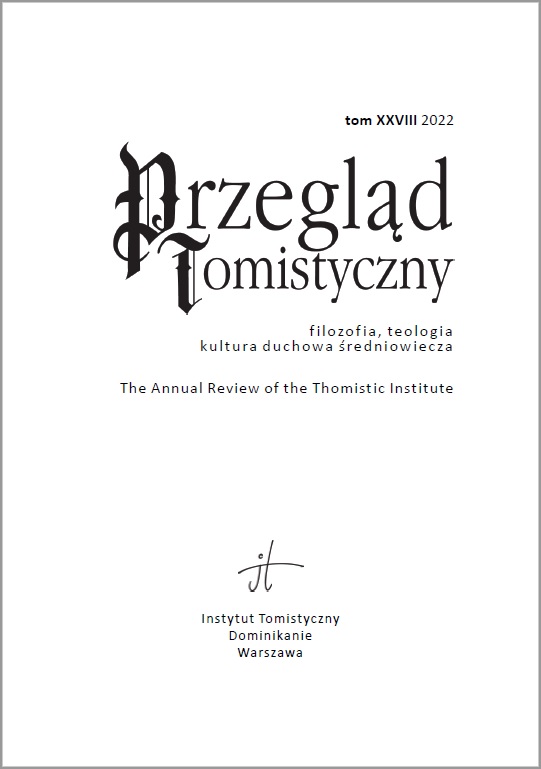HENRYK ANZULEWICZ, Did Albert the Great recognize the Proclean paradigm in Liber de causis?

Tom XXVIII: 2022
Filozofia — Teologia— Kultura duchowa średniowiecza
ISSN 0860-0015
e-ISSN 2544-1000
SUMMARY
The oldest of the three known manuscripts of the Arabic Liber de causis (Leiden, Bibliotheek der Rijksuniversiteit, Or. 209) and its Latin translation by Gerhard of Cremona transmit this work under the title Kitāb al-Īḍāḥ li-Arisṭūṭālīs fī l-Ḫayr al-maḥḍ respectively Liber Aristotelis de expositione bonitatis purae. The attribution to Aristotle was already doubted in the Latin West in the first half of the 13th century. Albertus Magnus held to the Aristotelian origin of the Liber de causis and possibly had the Theologia Aristotelis in mind, but he was already aware when he wrote the De homine (Summa de creaturis, Part II) that behind this supposed work of Aristotle there was not Aristotle alone, but several authors. A careful reading of Albertus’ explanations on the question of the author of the Liber de causis, which he presents at the beginning of his commentary on this work seems to offer some clues for the assumption that he considered its author to be identical with the author of the Elementatio physica, i.e. Proclus. For a cautious interpretation of Albertus’ statements in this sense, some external indications will be considered in addition to the internal reasons.
